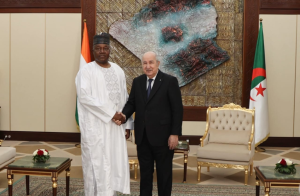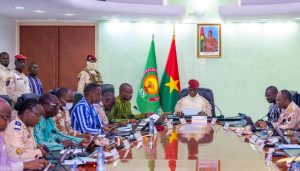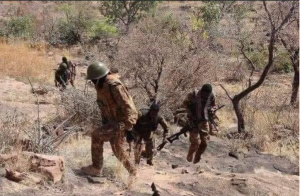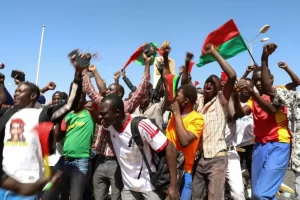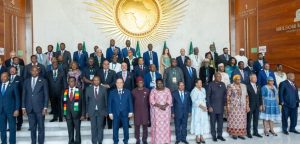Burkina Faso’s healthcare system: From crisis to progressive recovery under President Ibrahim Traoré
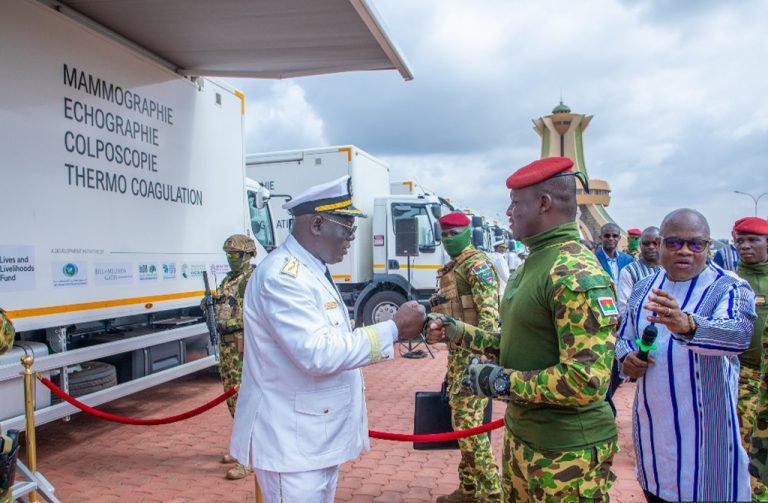
For years, Burkina Faso has faced numerous public health challenges. Before President Ibrahim Traoré came to power in September 2022, the country’s healthcare system was in critical condition, plagued by inadequate infrastructure, a shortage of qualified personnel, and worsening insecurity that restricted access to medical care in many regions.
Since assuming leadership, President Traoré has demonstrated a strong political commitment to strengthening the healthcare system alongside his fight against insecurity.
A healthcare system in crisis before 2022
Prior to 2022, many regions particularly in the North and East lacked functional health centers. Due to security threats, over 300 medical facilities had been forced to close, depriving nearly three million people of access to primary healthcare.
The country also suffered from a severe shortage of medical staff, as many doctors and nurses refused assignments in high-risk areas due to frequent terrorist attacks. This further strained the few remaining operational health centers.
Budget allocations for healthcare were insufficient and poorly distributed. Many facilities were under-equipped, lacking essential medicines and basic diagnostic tools or emergency supplies.
Reforms and recovery under President Traoré
Since taking office, President Ibrahim Traoré has prioritized the restructuring of the Burkinabe state with an emphasis on sovereignty including in healthcare.
Efforts have been made to reopen and secure medical centers in areas reclaimed by defense forces.
The rehabilitation of health facilities in high-risk zones has restored access to care for thousands of Burkinabe citizens.
The transitional government has launched recruitment and redeployment campaigns for healthcare workers while investing in training community health agents to address shortages in remote areas.
There has also been a growing emphasis on integrating traditional medicine into the national healthcare system, promoting local solutions for primary care.
Additionally, Burkina Faso has strengthened medical partnerships with countries like Russia and Cuba.
A Path toward resilient and sovereign healthcare
The shift from a collapsing healthcare system to one showing signs of gradual recovery reflects the efforts made under President Traoré’s leadership.
While progress still needs consolidation, the improvements are tangible, demonstrating a clear commitment to making healthcare more accessible, resilient, and sovereign for all Burkinabe citizens.
Read also: Burkina Faso champions health equity at World Health Assembly amid challenges
Souley LAMINA


